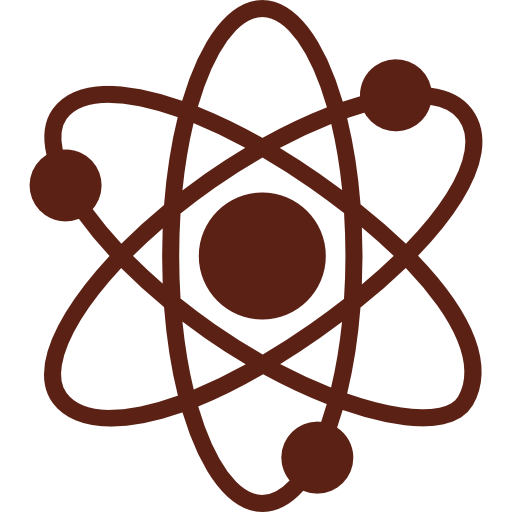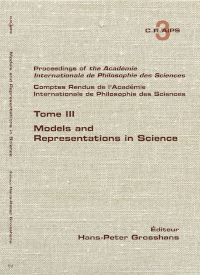
|
Entire Volume. |

|
Cover. |

|
Title pages. (pages i-iv). |

|
Frontmatter. (pages v-x). |

|
Marco Buzzoni. Thought experiments, computer simulations, and real world experiments in scientific knowledge: a comparison (pages 1-17). |

|
Alberto Cordero. Models and representation in functional realism (pages 19–38). |

|
Niccolò Covoni, Giovanni Macchia, Davide Pietrini, and Gino Tarozzi. Non-standard realistic models of quantum phenomena and new forms of complementarity (pages 39–54). |

|
Dennis Dieks. Science and scientific realism: challenges from quantum physics (pages 55–72). |

|
Jan Faye. Models or theories: what is the real representation in science? (pages 73-89). |

|
Michel Ghins The structural view of representation: a defence (pages 91-116). |

|
Elisabeth Gräb-Schmidt. Model and normativity. On the relation of nature—technology—ethics (pages 117-127). |

|
Hans-Peter Grosshans. What do models in theology represent? (pages 129–138). |

|
Lorenzo Magnani. Scientific cognition based on models as epistemic warfare. Do scientific models serve as epistemic weapons or fictions? (pages 139–156). |

|
Fabio Minazzi. Models and representation in science: for a new image of the objectivity of knowledge (pages 157–197). |

|
Gregor Schiemann. Scientific worldviews and models in Hermann von Helmholtz and Werner Heisenberg (pages 199–208). |

|
Gerhard Schurz. The requirement of total evidence: epistemic optimality and political relevance (pages 209–225). |

|
Johan van Benthem. What logic represents (pages 227–241). |

|
Jesús Zamora Bonilla. Models, representation, and idealization. Revisiting the inferentialism debate (pages 243–259). |



